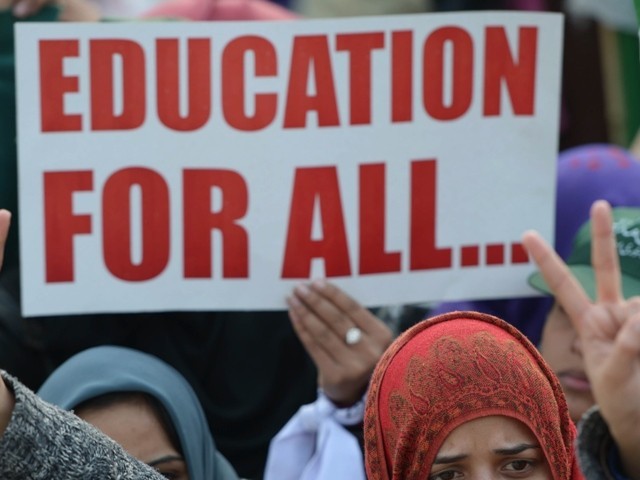The accessibility of education in most countries is highly controversial. Many people believe that education should be available to people of all economic backgrounds. For this reason, it is proposed that all levels of education, from primary to tertiary should be free. There are several issues concerning this suggestion.
Positives
To begin with, free education, especially to disadvantaged students, can reduce the burden of their parents. Some students with poor economic background do not pursue tertiary or even secondary education because they have to help their parents earn for a living. Even if they wanted to obtain a degree and improve their lives, these students cannot do anything due to financial incapability. Their parents may have the desire for their children to enter a university but their income is not just enough. With free education, people can fulfill their aspirations in life.
Moreover, the cycle of poverty can be broken once everyone can obtain a degree. People can get better jobs and will be able to afford not just the basic necessities of life. In general, the main cause of poverty is lack of education. Individuals who are not educated do not have the basic knowledge and skills needed for a high paying job. This is the reason why uneducated people just end up having lowly jobs. These jobs are not enough to pay for a university or vocational education. This cycle continues unless free education is not given.
Negatives
Free access to education is a very ideal way to solve a lot of economic issues. However, it will undeniably drain the budget of the government. Primary and secondary education is not really costly but tertiary education is definitely expensive. If the government provides free education, other sectors will not have enough funds. It is known that the population of students is not at a minimum so it will have an adverse effect on a country’s financial plan.
Knowing that students are not paying for their education, some may spend longer time going to school. Some may keep on shifting majors and instead of graduating in 4 or 5 years, it will took longer than that. Also, some may not do their best academically because of the impression that education is free anyway.
So should education be free or not?
Access to education is the right of every citizen but there should be limitations. What the government can do is to give free primary and secondary education. As for the tertiary education, there should be a screening wherein students are assessed properly. Not everyone should be provided with free education. Only those who really cannot afford tertiary education should be offered education at no cost. This way, the government will not run out of funds. In addition, there should be a policy that will make students maintain a certain grade so that they can continue going to school for free. This will ensure that they will perform well at school.
Education is a right but not free education to everyone. With negatives presented, it is fair for the government to set some limits on how free education should be offered. As we all know that the government does not have unlimited budget.
